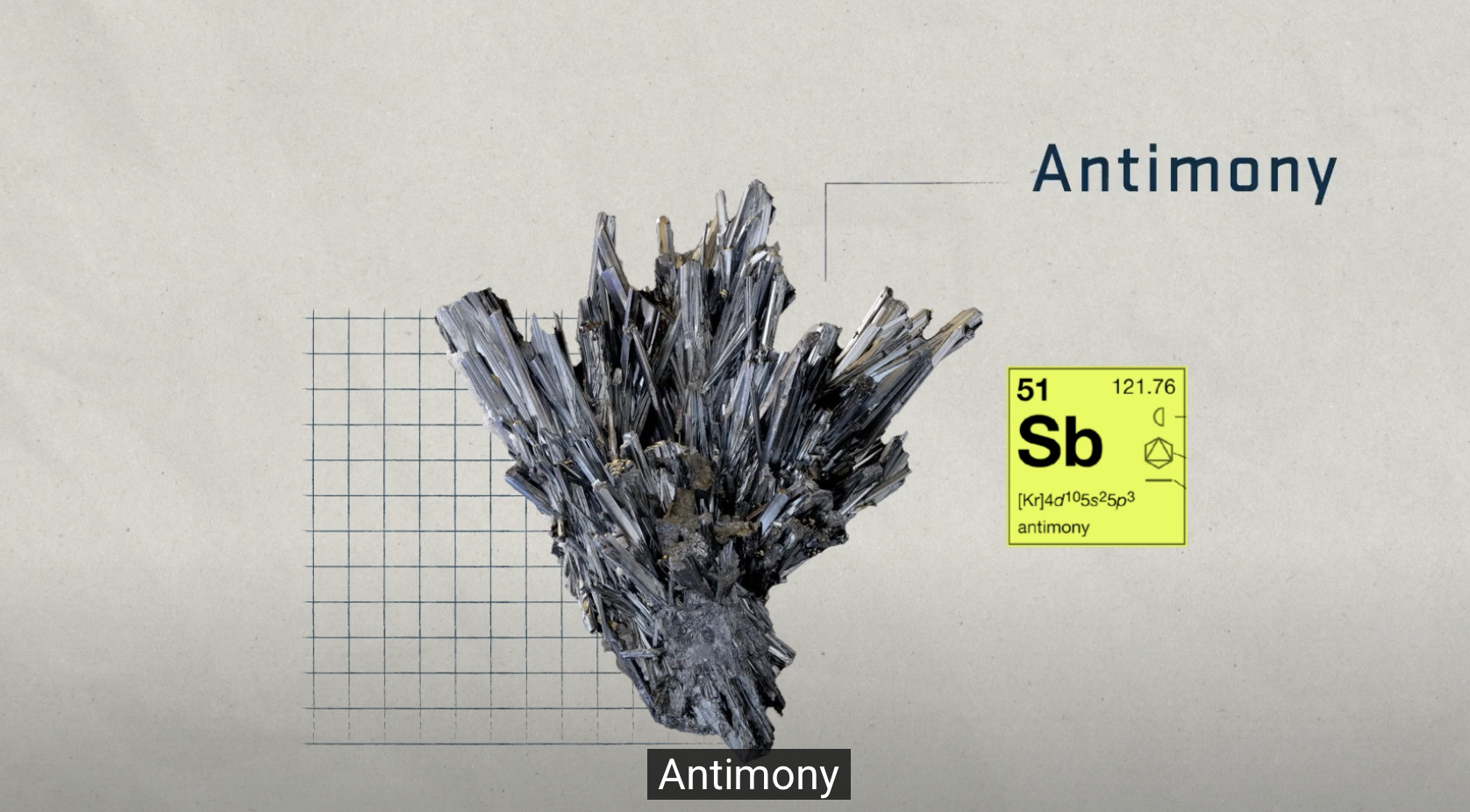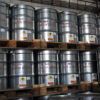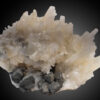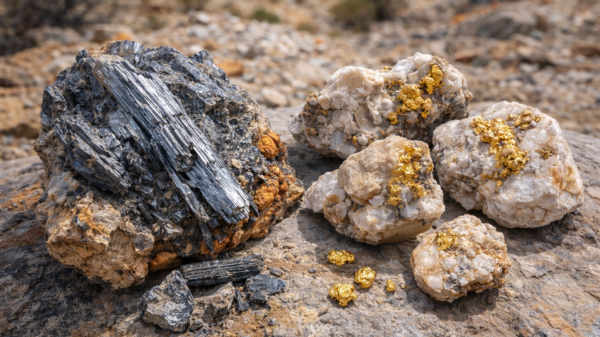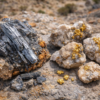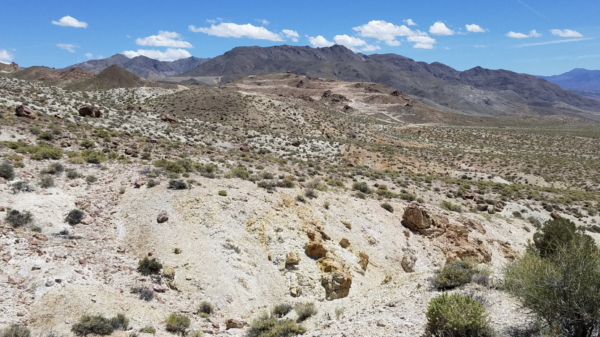Perpetua Resources Corp (TSE: PPTA) (NASDAQ: PPTA) now has the last necessary federal permit in hand for advancing its Stibnite gold-antimony (Au-Sb) operation into construction. News of obtaining the Clean Water Act Permit sent shares up by 14 per cent on the Toronto Stock Exchange during Tuesday’s trading session.
The American government has been paying close attention to this project because of the dire need for domestically sourced Sb in the country. Last month, the Trump Administration designated the site as a priority project and announced its intention to fast-track it into production for national security purposes.
Perpetua says it now only needs to acquire certain state-level permits and obtain additional financing. The Idaho mining company is planning to submit a formal loan application to the Export-Import Bank of the United States in the near future.
It is highly likely that Perpetua’s request will receive approval due to the project’s essential nature. Stibnite, named after the ore antimony is extracted from, is projected to become capable of catering to over one third of American Sb needs once it enters the production phase. The construction process, expected to begin in late 2025, will take about three years and create up to 1,000 jobs.
“Today’s final federal permit from the Army Corps [U.S. Army Corps of Engineers] marks the culmination of eight years of permitting, scientific study, project refinement, and lots of hard work,” CEO Jon Cherry said in a press release on Tuesday.
Read more: NevGold raises $5M for promising gold-antimony prospects in Nevada
Stibnite district was essential in WWII, and is again now
Antimony’s rise in value over the past year and escalating tensions with the Chinese have made the Stibnite project go from being merely one of many development-stage U.S. gold mines to a critical mineral asset of imperative importance.
The Chinese mined 60 per cent of the world’s antimony last year. They used to be a key supplier for the Americans before deciding to cut off their shipments in late 2024. The Asian nation is generally considered to control half of the world’s Sb supply.
Tensions between China and the U.S. may be loosening in the coming weeks after successful negotiations between the countries this month, but strict export controls remain in the place for the time being.
Now, the U.S. must focus on rapidly advancing antimony mines at home and obtain the commodity from other foreign suppliers like Belgium, India, Tajikistan, Thailand and Bolivia. Alongside Perpetua, junior mining companies with American Sb projects like NevGold Corp (CVE: NAU) (OTCMKTS: NAUFF) (FRA: 5E50) and Trigg Minerals Ltd (ASX: TMG) (OTCMKTS: TMGLF) have become the subject of attention for the future production potential of their sites.
The Stibnite project resides in a past-producing mining district that supplied essential commodities to the allies during the Second World War. Gold, antimony, silver and tungsten were critical for the war effort. Stibnite supplied 90 per cent of American Sb at that time.
The American military uses antimony to fireproof uniforms and other equipment. It is also a necessity for producing a wide range of weapons and military technologies — including night vision goggles, armour-piercing bullets, missiles, drones and telecommunications devices.
Read more: NevGold’s Nevada property may just be the next American antimony resource of scale
NevGold is a sponsor of Mugglehead news coverage
Follow Rowan Dunne on LinkedIn
rowan@mugglehead.com

